There are different trends - vegetarianism, veganism, hierarchy, denying the consumption of not only certain food products but also those that are indirectly related to the activity of the animals. Fortunately, nature is generous enough and creates products that meet the requirements of everyone.
One such product is agave, a cactus plant growing in Mexico that makes not only good tequila but also nectar 1.5 times sweeter than sugar with a relatively low glycemic index and a soft, natural flavor.
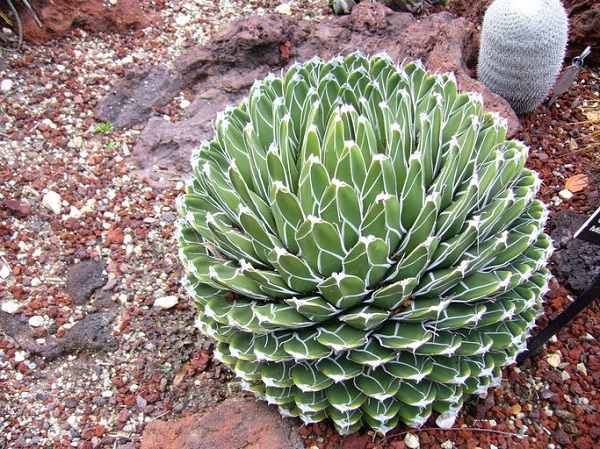
Origin and useful properties of agave
The Aztecs first called Agave "a gift from the gods."
The cactus plant grows in the remote deserts of Mexico. The agave nectar was successfully used thousands of years ago to sweeten various foods and beverages.
They called it "honey water" because it was sweeter than honey and with a less dense consistency. For producing agave nectar, the plant core is used, the resulting juice (which consists of fructose and glucose) is filtered.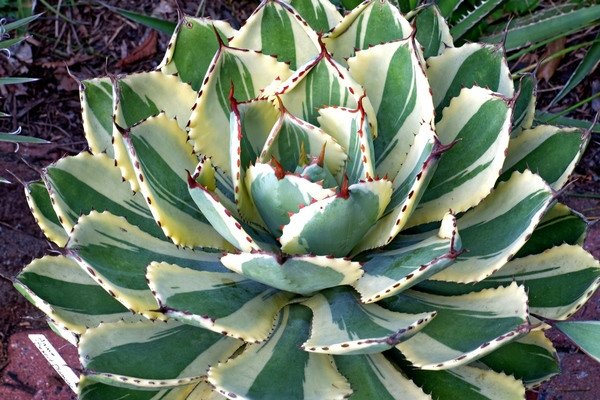
Compared to other products used for sweetening, agave nectar has a lower glycemic index equal to 27 (for example, rice has a glycemic index of 83, Honey 83, Apple 54 and peas 32).
This is due to the high fructose content (about 90% - another corn syrup is close to the agave substance, but the amount of fructose is only 55% and it is relatively cheaper as a product).
The agave nectar is 1.5 times sweeter than sugar and is definitely the better choice for people who are sensitive to sugar and honey for those who are intolerant to any of the honey ingredients and especially to the vegans.
Centuries later it becomes clear that the agave plant contains a substance that successfully fights the processes of de-calcification in the body and subsequent osteoporosis, and stimulates the production of a hormone that regulates the level of insulin in the blood.
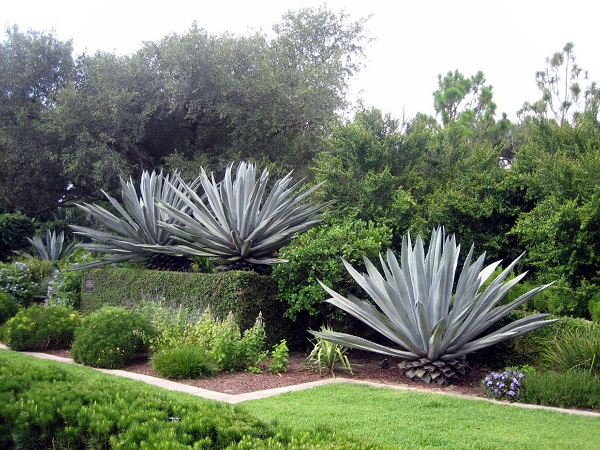
Honey or nectar from agave?
By comparing the two products, it is clear that natural honey by its taste and nutritional qualities has been one of the most valuable food products since antiquity. It is absorbed entirely by the body, with 1 kg of honey consumed up to 3 400 calories of energy.
The honey composition includes protein substances, vitamins B1, B2, B3, B6, K, C, E, provitamins A, PP, organic acids, enzyme invertase, lipase and many other elements that are found in the blood in small amounts.
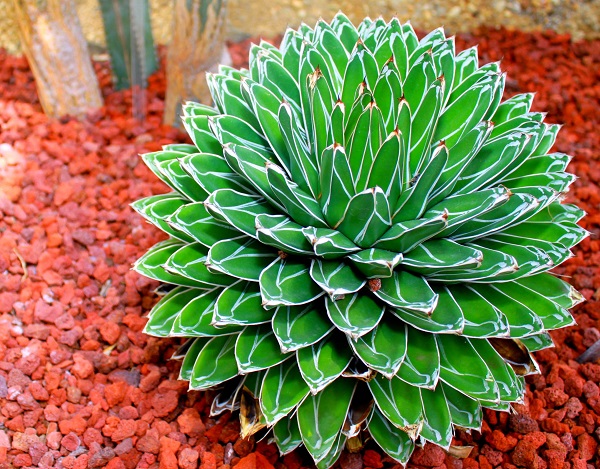
Carbohydrates are represented by glucose, fructose, disaccharide sucrose and about 20 other di- and trisaccharides.
What can we use agave for?
Although there are enough negative aspects, it is a fact that fructose is absorbed much faster and easier than other sugars. Also agave in the form of a sweetener does not contain some harmful and toxic substances, which are generally characteristic of other synthetic sweeteners.
Used successfully for flavoring:
- cereals, bread, various desserts, pancakes, jellies, jams, candy, yogurt
- protein bars
- coffee, tea, and other sweet drinks
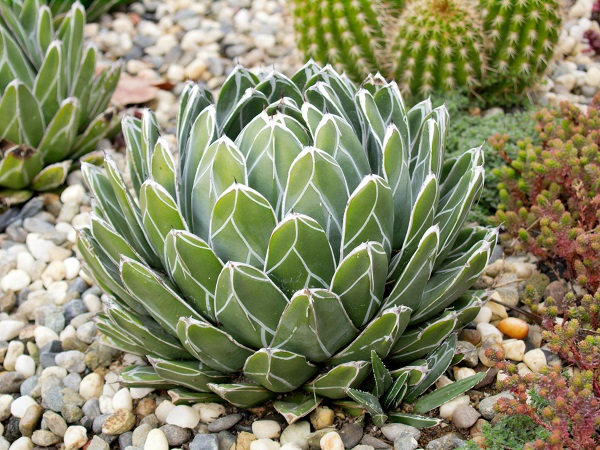
In recent years, with increasing sources of information, the popularity of agave as a sweetener with relatively useful properties has increased. It is a favorite product for sweetening not only from people who lead a healthy life but also from different chefs around the world.
Of course, raw fruits are the better alternative. And not only because they contain less fructose but also because they are rich in vitamins, minerals, phytonutrients, fiber and many other nutrients.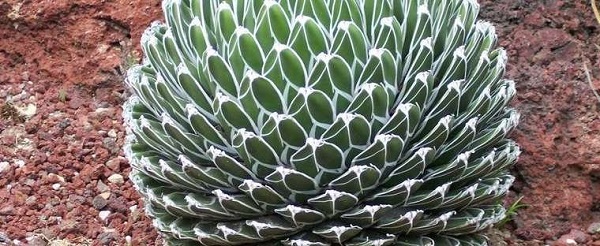
Concentrated sweeteners do not contain fiber and have a much higher concentration of simple sugars than is observed with fresh fruits.
If you have decided that agave is not your choice, you can easily replace it with stevia - a herb that is sweet to taste but does not contain sugar.
However, it is preferable to use the herb in the form of fresh or dried leaves as it also contains synthetic substances in the form of drops or powders.







